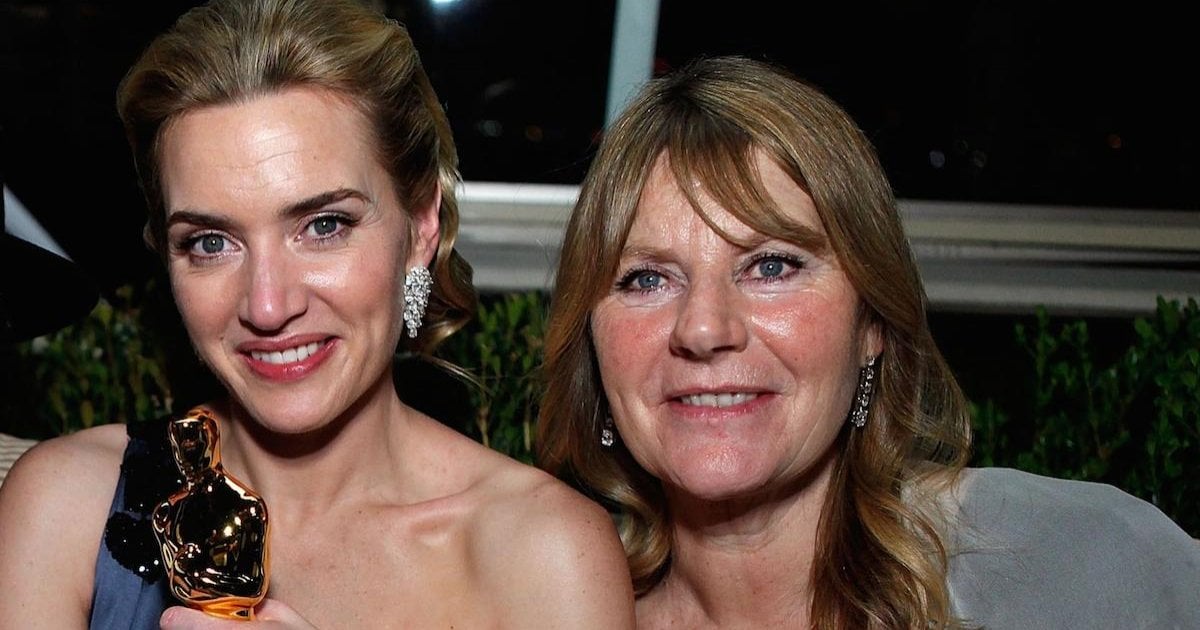For some people who have been impacted by cancer, their experiences lead them to get involved with raising awareness about the disease. Actress Kate Winslet is one of those people. She lost her mother, Sally, to ovarian cancer in 2017, and has helped support campaigns and fundraising to push for more research and treatment options.
Since losing her mother, Sally Bridges-Winslet to ovarian cancer in 2017, Winslet has used her celebrity platform to raise awareness and help women who are also suffering with the disease. In October 2019, the actress took part in the “I Will Survive” campaign launched by Ovarian Cancer Action in an effort to fund more research and share information about the disease.
Read MoreOvarian cancer survivor Terri Moore encourages women to be open about what you need during treatment
Promising Advancements In Ovarian Cancer Treatment
Thanks to modern research, new treatment options are available to women diagnosed with ovarian cancer. One of these new recent options are PARP Inhibitors, which is particularly effective for women who carry a BRCA genetic mutation.
PARP inhibitors target a specific enzyme and help prevent the cancer cells' ability to repair themselves and replicate. Patients with ovarian cancer who might benefit the most from PARP inhibitors typically carry the BRCA mutation, which is linked to ovarian cancer as well as breast cancer. Recent studies suggest that using PARP inhibitors either as first-line treatment, maintenance therapy, or both, significantly extends the length of time patients are cancer-free or how their cancer worsens.
Related: Ovarian Cancer, PARP Inhibitors and Nausea
The findings from these studies have led to new and exciting PARP Inhibitor approvals from the Food and Drug Administration (FDA) specifically olaparib (Lynparza) and niraparib (Zejula).
Niraparib was initially approved by the FDA for women with the BRCA mutation whose disease had recurred, but the approval has now expanded to be a frontline maintenance therapy for women after a full or partial response to chemotherapy. Olaparib has been approved in combination with a drug called bevacizumab as frontline maintenance for any women who test positive for something called Homologous Recombination Deficiency (HRD) in addition to women carrying a BRCA mutation.
Related: Ovarian Cancer Treatment: PARP Inhibitors and Bevacizumab
Maintenance therapy is administered after initial treatment for ovarian cancer with the goal of preventing or delaying recurrence. Due to both these drugs being approved as first-line maintenance treatment for women without a BRCA mutation shows enormous promise for a large amount of women battling ovarian cancer.
Dr. Heidi Gray breaks down recent PARP Inhibitor approvals for ovarian cancer treatment
Learn more about SurvivorNet's rigorous medical review process.


